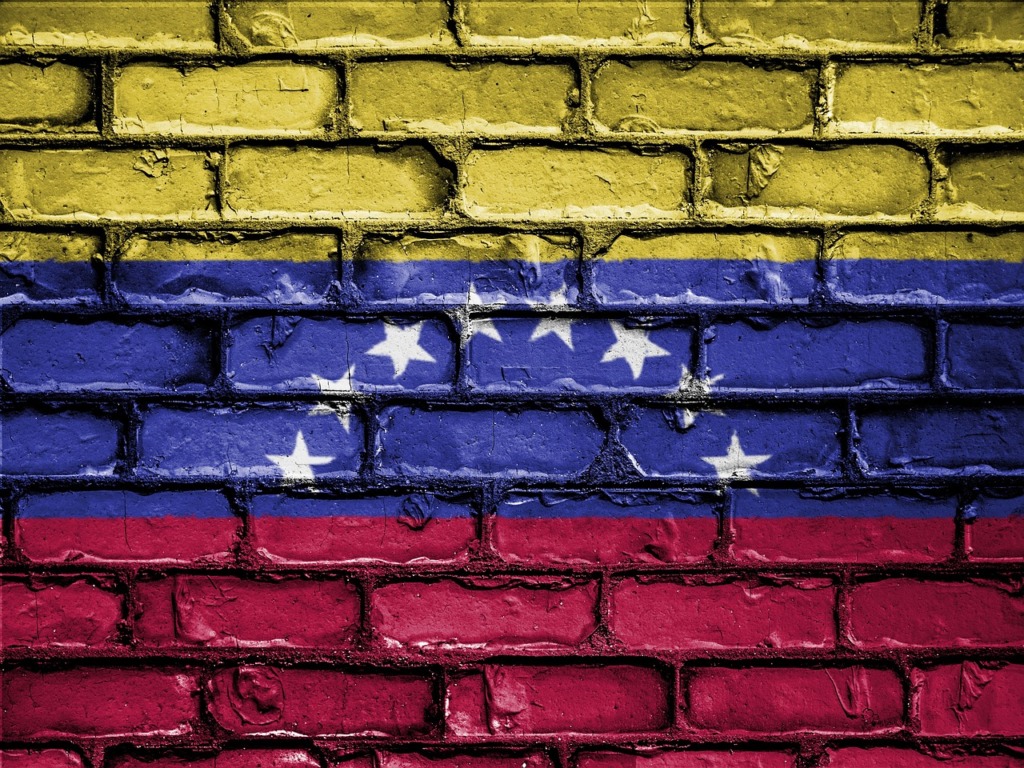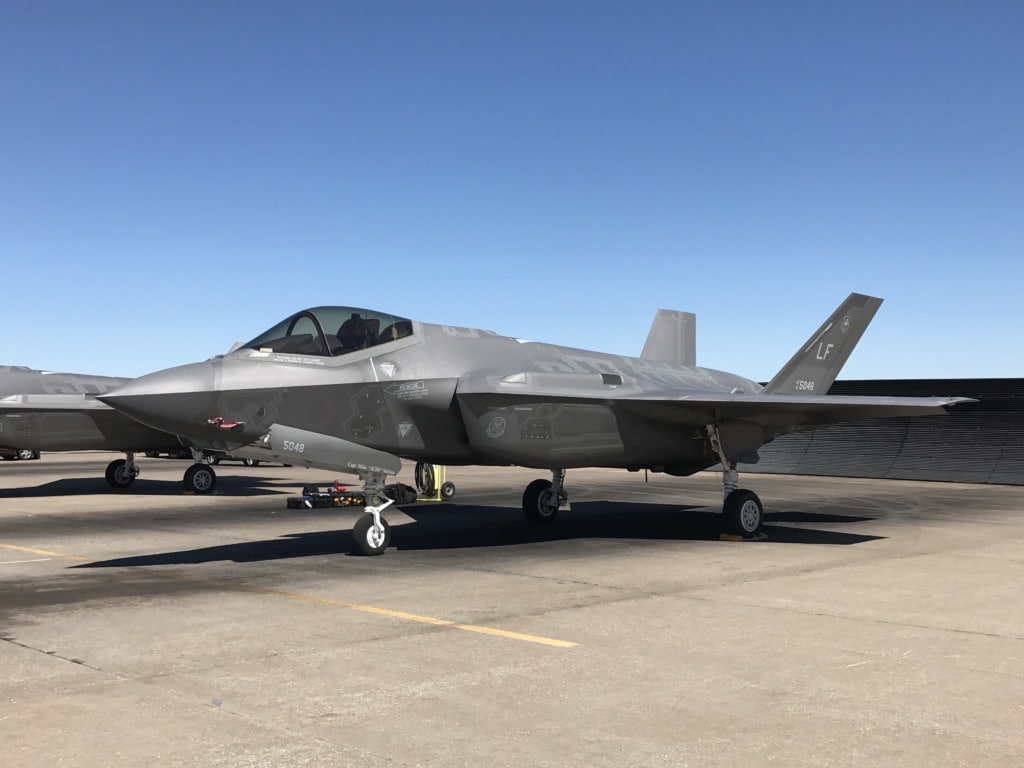Litigating Expropriation Claims in U.S. Courts
Foreign sovereigns generally enjoy sovereign immunity in the United States by operation of the Foreign Sovereign Immunities Act (FSIA). The FSIA specifically provides, however, that a foreign sovereign shall not be immune in any case in which “rights in property taken in violation of international law are in issue.” On its face, this expropriation exception…
Continue ReadingDear Justice Gorsuch: There’s No Reason to Worry About the Remand in Halkbank
In Turkiye Halk Bankasi A.S. v. United States (Halkbank), the Supreme Court held that the Foreign Sovereign Immunities Act (FSIA) does not apply to criminal proceedings. The Court remanded the case to the Second Circuit to reconsider Halkbank’s claim of common law immunity. Justice Gorsuch, joined by Justice Alito, wrote a partial dissent. He would…
Continue ReadingChina’s Draft Law on Foreign State Immunity—Part II
In December 2022, Chinese lawmakers published a draft law on foreign state immunity, an English translation of which is now available. In a prior post, I looked at the draft law’s provisions on immunity from suit. I explained that the law would adopt the restrictive theory of foreign state immunity, bringing China’s position into alignment…
Continue ReadingThe Need for Greater Immunity from Execution for Central Banks: The Case of Da Afghanistan Bank
Central banks play a crucial role in the global economy. They are responsible for managing monetary policy, regulating financial institutions, maintaining financial stability, and ensuring that a country’s monetary policy aligns with its economic goals. Because of their essential role in the economy, and the sovereign functions that they perform, central banks should have a…
Continue ReadingOpen Questions after Halkbank
The Supreme Court held this week in Türkiye Halk Bankasi, A.S. v. United States that the Foreign Sovereign Immunities Act (FSIA) does not apply to criminal prosecutions. That holding was a blow to Halkbank—a foreign state-owned enterprise under indictment—which had argued that the FSIA provided it with immunity. But the case is not over. The…
Continue ReadingSupreme Court decides Halkbank
The Supreme Court issued its opinion in Halkbank this morning. The Court held that the Foreign Sovereign Immunities Act does not apply to criminal prosecutions and remanded the case to consider common law immunity. More coverage soon on TLB.
Continue ReadingA Primer on Foreign Sovereign Immunity
The immunity of states from the jurisdiction of foreign domestic courts is a long-standing and mostly uncontroversial principle of customary international law. The International Court of Justice has described foreign sovereign immunity as a procedural doctrine of international law, one that “derives from the principle of sovereign equality of the States.” As a practical matter,…
Continue ReadingChina’s Draft Law on Foreign State Immunity Would Adopt Restrictive Theory
On the question of foreign state immunity, the world was long divided between countries that adhere to an absolute theory and those that adopted a restrictive theory. Under the absolute theory, states are absolutely immune from suit in the courts of other states. Under the restrictive theory, states are immune from suits based on their…
Continue ReadingNew Scholarship on Sanctions and Central Bank Immunity
Ingrid has a new paper out on recent developments in central bank immunity, focusing on sanctions by the United States and other countries involving Russian, Afghan, and Venezuelan central bank assets and their relationship to immunity. Some of the issues addressed in the paper involve transnational litigation in U.S. courts, including the entitlement of sovereign…
Continue ReadingCert Petition Highlights Circuit Split on Sovereign Immunity for Military Purchases
The Foreign Sovereign Immunities Act (FSIA) immunizes foreign states from suit in federal and state court. But it makes an exception for actions based on a foreign state’s commercial activities. The Supreme Court’s leading decision interpreting this exception is Republic of Argentina v. Weltover (1992), where the Court unanimously held “that when a foreign government…
Continue Reading






